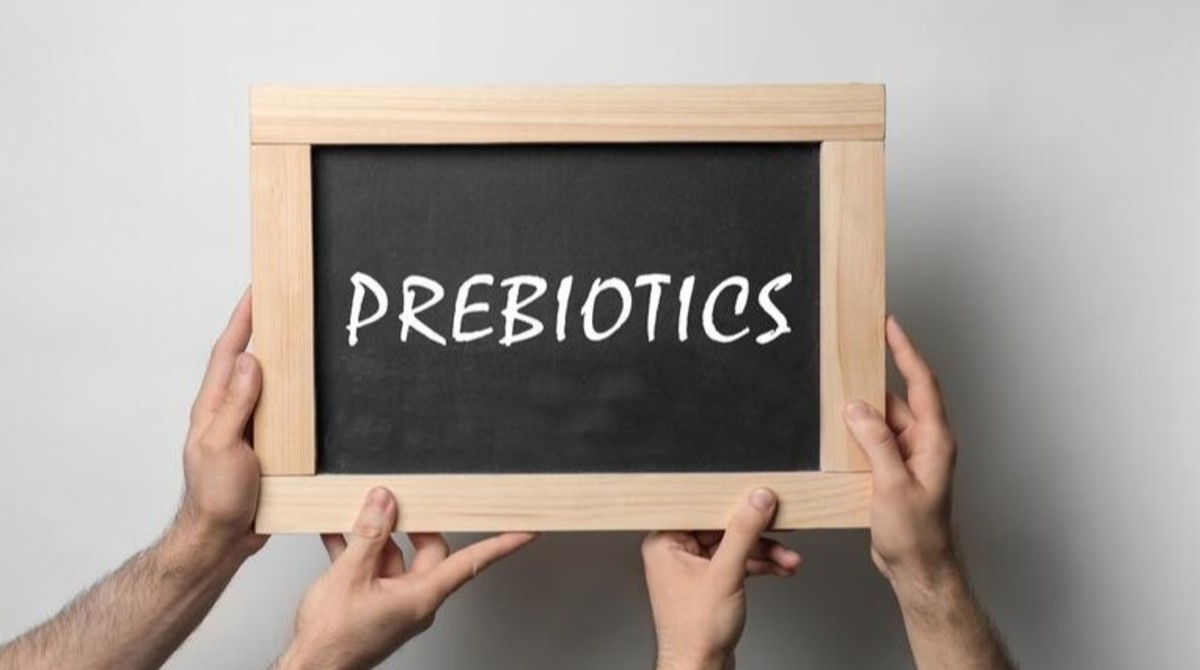Are Prebiotics Healthy?
July 13, 2022

Let’s start by understanding the fact that probiotics and prebiotics are different. Probiotics contain bacteria that live in your body and help your gut to break down food.
Prebiotics, on the other hand, are food for these healthy bacteria. Prebiotics contain a type of dietary fiber. For instance, fiber inulin present in banana, chicory root, and asparagus is prebiotic.
You can also purchase prebiotics as a capsule supplement or a commercial food additive.
Here is how prebiotics benefits you.
Types of Prebiotics
There are various types of prebiotics. While the majority of the prebiotics are a subset of carbohydrate groups and are mostly oligosaccharide carbohydrates (OSCs), there is prebiotics from non-carbohydrate sources as well.
Some common prebiotics includes:
Fructans: Consists of inulin and fructo-oligosaccharide or oligofructose. They can stimulate lactic acid bacteria.
Galacto-oligosaccharides: They are the product of lactose extension and can stimulate Bifidobacteria and Lactobacilli.
Glucose and starch-derived oligosaccharides: They include resistant starch and polydextrose, respectively. They may stimulate Bifidobacteria.
Other oligosaccharides: They are known as pectic oligosaccharides.
Non-carbohydrate oligosaccharides: A good example is Cocoa-derived flavanols that stimulate lactic acid bacteria.
Benefits of Prebiotics
Prebiotics, on their own, don’t seem to have many benefits. It is only when prebiotics are used in conjunction with probiotics, that it is beneficial. Some conditions where prebiotics and probiotics are effective are:
Diarrhea
Irritable Bowel Syndrome
Common cold
Allergic Disorder
Obesity
Inflammatory arthritis
Side-effects of Prebiotics
Prebiotics are generally safe and are not seen to cause any major side effects in the majority of cases.

Probiotics are generally taken along with probiotics. Some of their common side-effects are:
Loose stool
Gas and abdominal bloating
Loss of appetite
Acid reflux
A severe allergic reaction can also be a side effect if you are allergic to bacteria that are introduced into your body.
Prebiotics Foods
Some common sources of prebiotics are:
Legumes
Oats
Beans and peas
Bananas
Berries
Asparagus
Garlic
Onions
Interesting fact:
“While all prebiotics are fibers, not all fibers are prebiotics..”
We have started an A-Z, blog-series on nutrients, covering all your vitals in one place! Write to us at info@labelblind.com if you would like a specific nutrient of interest to be covered, we would love to keep that as our priority!
References:
https://www.ncbi.nlm.nih.gov/pmc/articles/PMC6463098/

Rashida Vapiwala (Founder at LabelBlind®, Food Label Specialist, Ph.D (Food Science and Nutrition))
Rashida is passionate about solving problems for the food industry using technology. She loves creating tech-led solutions in the space of Nutrition.
